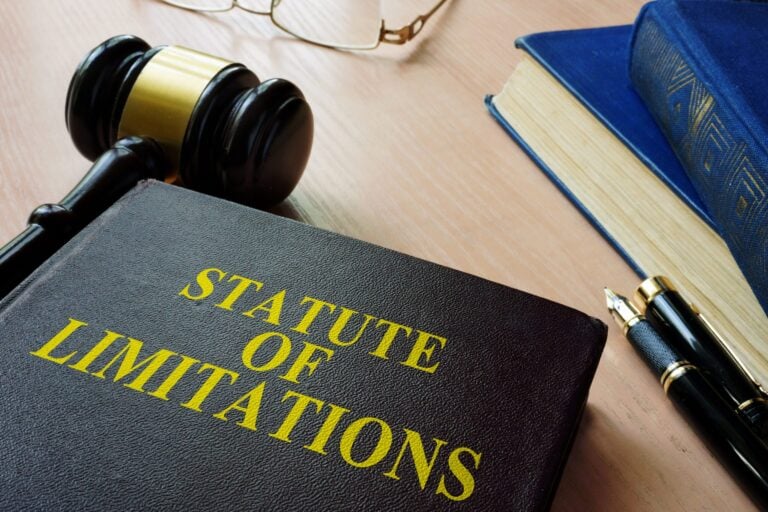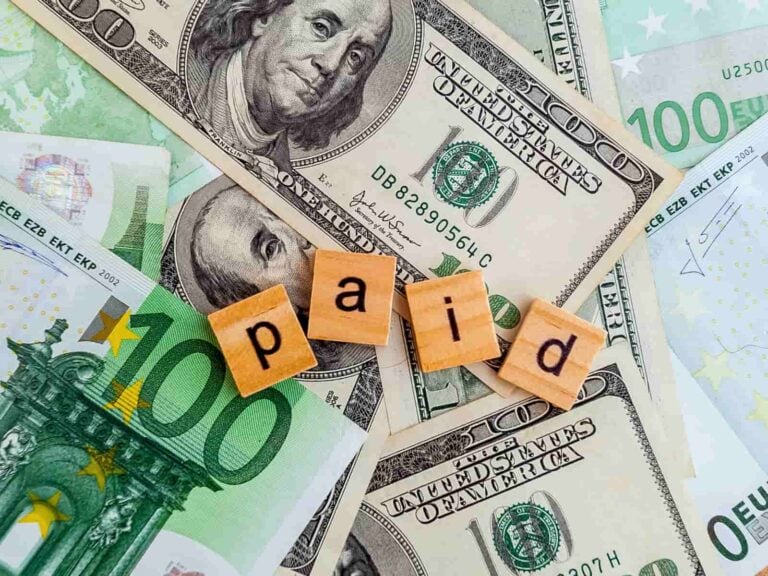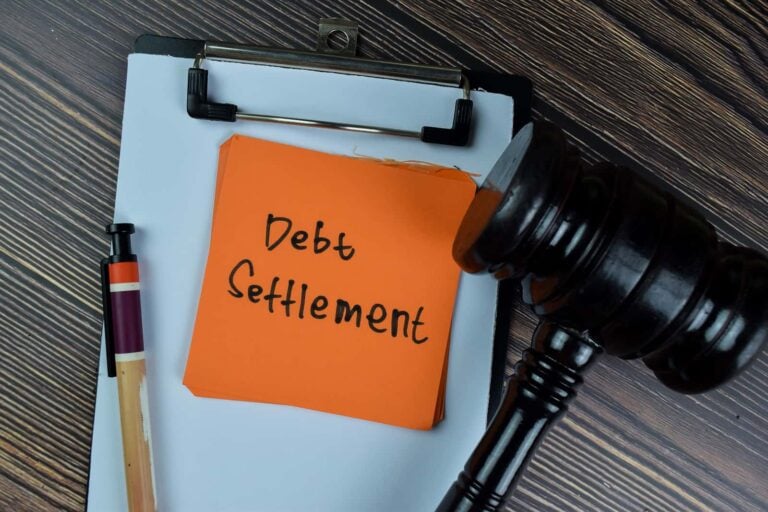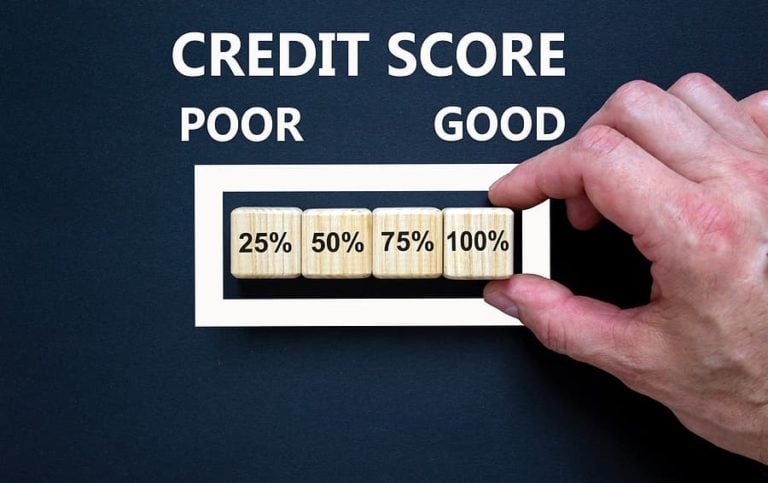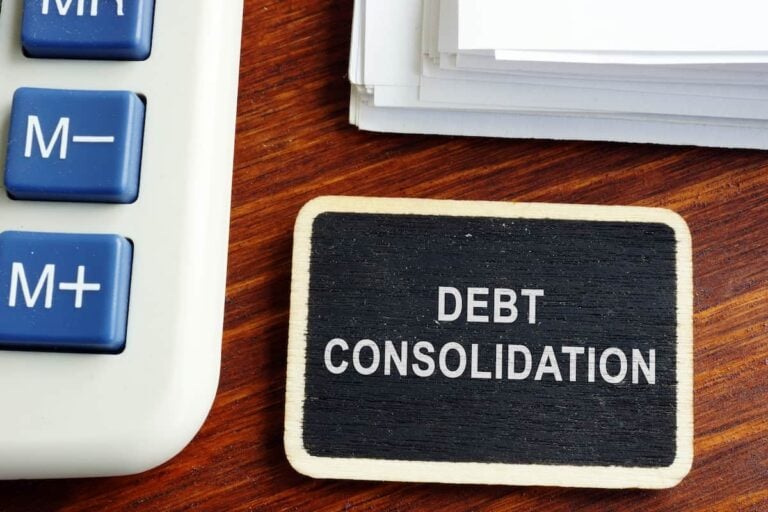The coronavirus impact on private debt and those who struggle with it has been noteworthy. As if high interest rate credit card debt weren’t bad enough during normal times, struggling with credit card debt during the coronavirus is even worse. With a weekly rolling total of 29.6 million Americans claiming unemployment benefits as of August 22, 2020, the COVID-19 economic downturn has driven far too many unemployed and indebted individuals toward financial hardship.
Have you been financially impacted by COVID-19? Here are several debt settlement options for those affected by the economic downturn caused by COVID-19 and how to get debt relief.
Debt Settlement Options During the COVID-19 Pandemic
An effective debt relief option for those suffering financial hardship involves pursuing debt settlement during the coronavirus. Debt settlement takes place when a debtor successfully negotiates a payoff amount for less than the total balance owed.
The lower amount is agreed to by the creditor or collection agency and is fully documented in writing. Debt settlement focuses primarily on unsecured debt, such as high interest rate credit card debt, personal installment loans, medical debt and student loans – and if you’ve already fallen delinquent on some credit card accounts during the pandemic, things can actually turn out in your favor.
This is because creditors become more likely to settle when a debtor has demonstrated an inability to pay and the underlying accounts are inching closer toward charge-off status, when creditors become unlikely to ever recover anything significant from the account again. Contact the debt specialists at United Settlement today to discuss debt settlement during coronavirus and other forms of coronavirus debt relief!
Debt Relief Options During the Coronavirus
Another effective debt relief option involves pursuing debt consolidation during coronavirus. The pandemic has both caused and exacerbated financial hardship – but debt consolidation loans can help. A debt consolidation loan (DCL) consolidates multiple debts into one single loan, typically resulting in a lower interest rate and monthly payment. A DCL provides the dual benefits of streamlining the repayment process while simultaneously lowering interest expense and the total amount of interest repaid over time.
During a challenging time such as the COVID-19 pandemic, a DCL can be a real moneysaver. In a debt consolidation loan scenario, a debtor borrows sufficient funds to pay off a variety of unsecured debts (credit cards, medical bills, some student loans), thereby combining multiple monthly payments into one single monthly payment at an overall lower blended interest rate. The DCL helps save money each month on interest expense while speeding up the process of getting out of debt.
Speak to a Credit Counselor
If you are experiencing financial hardship during the coronavirus, an experienced credit counselor can help. In an initial 30-45 minute interview, the counselor will ask specific questions related to your income, expenses and debts.
You should have a clear idea of exactly how much your current cash flow is and how much money you have left over at the end of each month after accounting for necessary expenses including housing, food, transportation, utility bills, etc.
Be prepared to discuss all of your unsecured debts – you should know in advance the amounts of all of your minimum monthly payments, as well as the associated interest rates on each card, along with any other financial obligations you may have including housing, auto loans, medical debt, personal installment loans and student loans.
Debt Management Plan
Among the more common coronavirus debt relief solutions that a credit counselor can suggest is the Debt Management Plan (DMP), which involves streamlining multiple credit card payments into one simple monthly payment.
A DMP is a structured program designed and managed by a credit counseling agency that works on your behalf to negotiate lower interest rates and monthly payments with your creditors. Instead of having to keep track of and make multiple monthly payments to a variety of different creditors, a DMP allows you to make one streamlined payment to your counseling agency, who then submits appropriate amounts to your creditors according to the terms structured in the DMP.
The advantages of enrolling in a DMP include a simplified repayment process, lower interest rates and a lower overall monthly payment. A simplified repayment process reduces the possibility of any late fees and penalty APR that can result from inadvertent late payments.
More importantly, the extra cash flow that results from a lower overall monthly payment on your unsecured debt during the coronavirus can make a big difference in balancing your budget and managing your stress level during challenging times.
Credit Card Debt During the Coronavirus
In addition to the coronavirus debt relief options discussed above, many credit card companies are now working with customers who have suffered adverse financial impact as a result of COVID-19.
Credit card companies are offering accommodations that include lowering or deferring minimum monthly payments, waiving or refunding late fees, temporarily reducing interest rates for hardship, and establishing payment plans to pay off existing balances.
Consult the websites of your credit card issuers before contacting creditors by phone to politely explain that your ability to pay your credit card debt during the coronavirus has been impacted. Then, be prepared with your questions.
Politely ask whether you can defer payments, have late fees waived, have your interest rate lowered, have your credit limit raised (assuming you can manage any increase in it responsibly) – or even get rewards points and frequent flyer miles reinstated after allotting toward a trip that you later cancelled because of the pandemic.
You can also inquire about any updated policies related to late payments that you have already made and whether you are currently subject to Penalty APR that can be reversed due to the pandemic. Finally, monitor your credit reports for errors or any adverse reporting by your creditors to the three major credit bureaus (Experian, Equifax and TransUnion).
About the Author: Steven Brachman
Steven Brachman is the lead content provider for UnitedSettlement.com. A graduate of the University of Michigan with a B.A. in Economics, Steven spent several years as a registered representative in the securities industry before moving on to equity research and trading. He is also an experienced test-prep professional and admissions consultant to aspiring graduate business school students. In his spare time, Steven enjoys writing, reading, travel, music and fantasy sports.

Gabriel Gorelik paves the way for customer service and operations at United Settlement. He is passionate about numbers and holds a strong belief in helping anyone with their debt. Before United Settlement, Gabriel received his BS in Finance & Economics from Brooklyn College. After graduation, Gabriel went on to build his first financial services company where he managed thousands of accounts for business and consumer clients. He understands the importance of client satisfaction, professionalism, and exceeding expectations.






